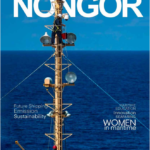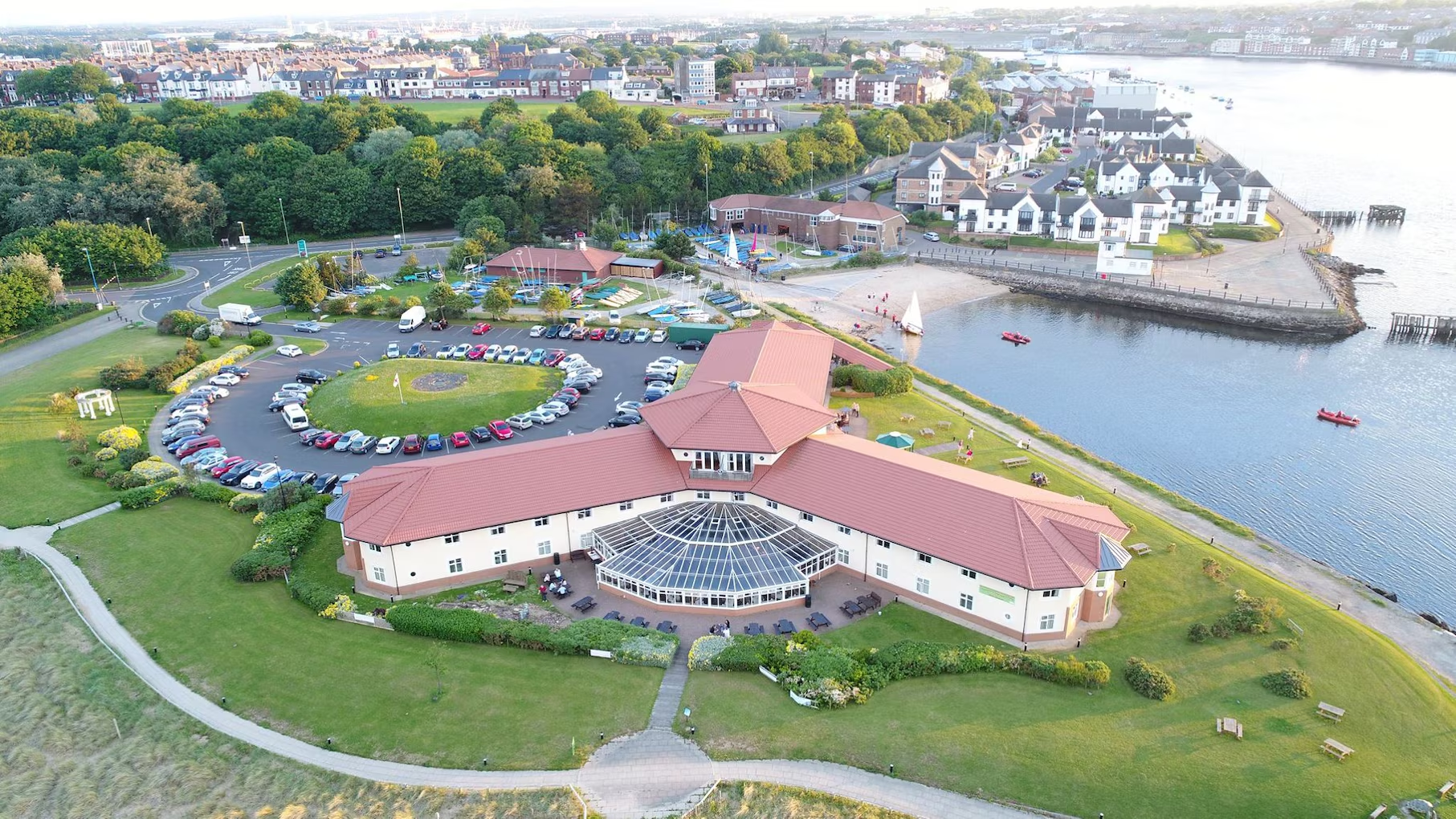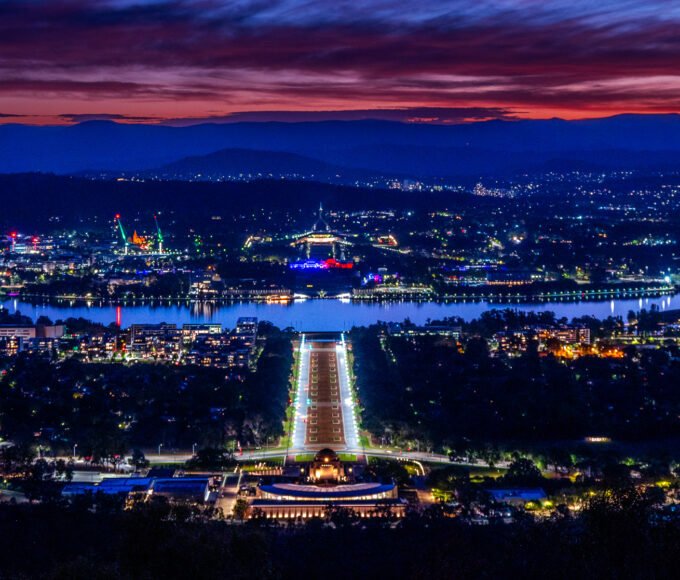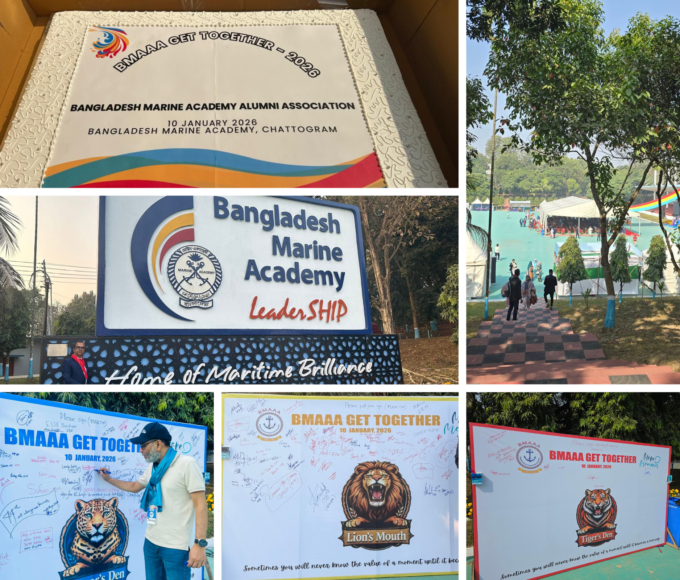[This article contains very good information about Maritime history and journey from our glorious past to modern day, where we are today. I draw attention of those having highest sea-going certificate to read it very carefully and if they have any questions they should directly refer it to me.]
Britain departed from Indian sub-continent in 1947, giving birth to two independent countries – India and Pakistan. Yet, for decades after Britain’s departure, the Pakistan merchant fleet used to carry Certificate of British Registry as long as we were a part of Pakistan. We inherited (1971) the same in Bangladesh and continued with this ridiculous legacy until 1983 when we finally got the Bangladesh Merchant Shipping Ordinance 1983. Shipping is a complex international business and Britain made it more complicated for us. This article will touch up on some of it.
Maritime is perhaps one of the earliest business activities that men learnt. The Chinese and the Arabs were possibly one of the first who engaged in maritime trade. Tarek landed in Gibraltar and Mohammed Bin Kasem landed in Karachi. Historical events included the arrival of Vasco-da-Gama in India and Columbus in the United States. Those days’ out of necessity trading ships some time had to fight their way like naval ships and often had to fight pirates. As time moved on, some degree of law and order was established by major European powers. International shipping became more organized after United States became independent and India formally became a part of British Empire in 1857. Today’s shipping still contains much of the industry’s own developed practice and procedures, lot of which was pioneered by Lloyds in the city of London.
Britain was the very early pioneer in establishing maritime law by legislating Merchant Shipping Act 1894. It was a very comprehensive act that took on board the current practice and procedures relating to registration of ships, mortgage, insurance, carriage of goods, bill of lading, bill of exchange etc. It was drafted cleverly so that future developments could be easily taken on board mostly by secondary legislation. Soon other European States followed the footsteps. Bearing the absence of international agencies and conventions, the laws of colonial powers dictated shipping. That is why those days it was very difficult to obtain a claim against cargo damage and it was more difficult to get a ship arrested against claims. It goes without saying that most of the ocean-going ships were owned by colonial masters. British MSA 1894 and American Jones Act 1920 made sure that they dominate shipping from both ends. During the WWII Britain had the largest merchant fleet in the world manned by European officers and Indian ratings. The merchant navy casualty was by far higher than that of Royal Navy.
There was a time when British Empire spread almost all over the world. India was rich in resources including human resources. Initially it was advantageous to UK to re-settle some of the middle grade technicians to other newly acquired colonies for development of trade and industry. Despite the contribution and loyalty of India, Britain started to worry about India’s fast advancement especially in education, some time finding it difficult to compete. UK realized that they had to do something to keep their supremacy in place against the home grown talents in India. In order to ensure that the threat of competition did not spill out shipping, they introduced a Merchant Shipping Act 1936 for India. This law had no validity in the United Kingdom. It was designed to deprive Indian nationals from becoming owners of British ships so that they can never become a threat to UK ship-owners. The 1936 Act required any Indian desiring to buy an ocean-going ship must obtain prior approval of the government. We may call it the first barrier. The second barrier was for registration under MSA 1894 because the 1936 Act had no chapter on registration of ships or mortgage. It was also made necessary for the ship to be brought to the home port for full registration. The third and final barrier was a provision of route-permit contained in Indian MSA 1936. This was not an international requirement. A provision of mercantile marine department was created with offices in major ports in the Empire to enforce compliance of law. Readers can understand very well that the lucrative UK-India trade until 1947 was more or less reserved for British ships owned by UK citizens. One or two British ships owned by Indians would have license to trade with one or two neighboring countries. Britain is a law abiding country and it is with twist of law that it achieved the goal to deprive India.
Britain was so successful with Indian Merchant Shipping Act 1936 that when Britain left India in 1947, India had only two shipping companies owned by Indians. Except for those few, the vast fleet of British ships (at that time the largest in the world) was owned by UK nationals. Blue Funnel line, City line, Clan line, Bibby line, Bank line were the house hold names trading all over the world. British flagged (P&O and Cunard) passenger liner services to USA, Canada, Australia, South Africa and India had roaring business until passenger jets came into service. There were similar express passenger mail services by other British companies (P&O and BI) operating in East Africa and Middle-East. The world of shipping belonged to Britain. That is the reason why commodity houses for tea, jute, coffee, cotton, coal and oil were traded in London though Britain produced none of them. That is also the reason why most B/L and C/P referred to arbitration in London.
In 1947, India already had well qualified civil servants that provided necessary support to the democratically elected government. India made necessary legislation and expanded its merchant fleet both in private sector as well as public sector. Pakistan lacked in democratic governance where military officials with very limited knowledge were running the show. There were fewer experienced civil servants as compared to India. Directorate General of Ports & Shipping was perpetually headed by a Naval Officer. Pakistan was moving so slowly in this sector that in 1971, when Bangladesh became a separate independent country, Pakistan still had Indian Merchant Shipping Act 1936 in force (except the word Indian was replaced by the word Pakistan). Pakistan is yet to learn that the maritime administration can also be headed by one other than a Naval Commodore or Admiral.
In Bangladesh we had other priorities. On 16 December 1971 Pakistan forces surrendered and Bangladesh emerged as a free and independent country. Both its seaports were non-operational. The channels were blocked with wrecks and approaches were badly mined. The provincial government had no knowledge of ports and shipping matter because it was under central government in Islamabad with directorate general of shipping located at Karachi. The disadvantages were partially overcome by selfless contributions and efforts taken by handful of available senior mariners like Capt. QABM Rahman and Capt. M Shafi. They were ably assisted by a few sea-going marine chief engineers – M/s Zahedr Rahman, Zakaria Khan Majlish and Ayenul Haq. Capt. Rahman being a freedom fighter took the role of principal coordinator. Considering the need for making the seaports operational at the earliest, Capt. Rahman was included in the advance party to arrive Dhaka by a helicopter. Mr. Kibria and Mr. Quddus were placed as head of the ports – Chittagong and Mongla respectively. The two gateways to Bangladesh were reopened in shortest possible time. Capt. Shafi was made head of a taskforce named BTTG to ensure that food grain and relief materials reach every corner of the country. There were no delay to mother-ships and Bangladesh hardly paid any demurrage. The job was done professionally and effectively earning international credit and praise. Capt. ML Rahman, another local freedom fighter was made the first Bangladeshi commandant of the marine academy in addition to his duties as principal officer of the marine office at Chittagong.
As the country became independent a proclamation was made that as a law of continuity all laws, rules, regulations and procedures in force prior to the independence shall continue to be in force except the word Pakistan or East Pakistan shall be replaced by the word Bangladesh. We inherited the Indian Merchant Shipping Act 1936. However, the act of registration of ships and mortgages had to be done in accordance with British Merchant Act 1894 (simply because MSA 1936 had no such provision). Capt. QABM Rahman was instrumental in setting immediately a new maritime administration with Capt. Shafi as the director general of the department of shipping. Finally, capt. Rahman became the first chairman and managing director of the newly formed Bangladesh Shipping Corporation. Starting with no assets this state owned enterprise, within a matter of five years, almost achieved miracle. Along with about ten ships under private ownership the national fleet rose up to about 35 – 40 ships. They were Bangladeshi ships registered in the port of Chittagong having Certificate of British Registry. Readers can now link up the article with its title.
Having done all that had to be done to put the country on an operational track, attention shifted to becoming a member of IMO and become parties to international treaties and protocols. The country of course needed a merchant shipping act of its own. A drafting committee was set up some time in 1978 when Admiral MH Khan was the DCMLA. It was hurriedly published in gazette in 1983 (as MSO 1983) when another Admiral MA Khan was DCMLA. In the absence of any democratic governance there was no public consultation. This Ordinance was better than nothing but fell far short of our aspirations and requirements. I still call it better than nothing because UK introduced MSA 1995 to replace MSA 1894, and with no national act or ordinance in place, we would have been in legal vacuum. By having MSO 1983 we provided the continuity and avoided falling into legal vacuum.
When I joined the department of shipping in 1981 as the first chief nautical surveyor, the drafting of MSO 1983 was still in the process. Realizing that there were many contradictions that needed attention from a different angle, I requested the director general to see if I could make any contributions. The director general told me that a government appointed committee of experts was working on it and he would not like to disturb them. Only a few days later he asked me to draft legislation on protection of cargo for national flag vessels. Basically I was opposed to such legislation but eventually drafted the Flag Protection Ordinance as a part of my duty. I knew for certain that the legislation would be used by corrupt officials to make money and indeed it has been so. It is time that this ordinance should be revoked. I was sent to UK for examiner’s course along with few others. I successfully completed (both) the surveyor’s and examiner’s course to the same standard as in the UK. Yet, I was not allowed to introduce the system in Bangladesh. Out of frustration I resigned and left Bangladesh (1991) to become a surveyor and examiner in the UK. Five years later I came to Bangladesh as an IMO consultant to assist Bangladesh to draft legislation and train examiners for the same.
Drafting maritime legislation, for an independent sovereign state like Bangladesh where sea has a very important role, requires lot of expertise. Legal knowledge has to be blended with knowledge of history, geography and economics. The law must provide the guidance to developing our potentials to achieve national goals. The requirements must be viewed to the context of the historical changes. The intention is no more to control and discourage growth (introduced by MSA 1936) but to facilitate growth. Unfortunately, the requirement for prior permission of the government, bringing the ship to home port for registration and a requirement for route permit were now made a legal requirement under our own law (MSO 1983). More requirements of control, permit and license mean more room for corruption and bungling. What a tragic transformation of colonial law!
In Pakistan days there was a saying in Urdu,”gora ne banya, haat nahi lagana”. It meant – “white man made it, don’t touch it, you may not be able to box it back”. On reflection, it seems that our experts took MSA 1936 as their basic working document. They replaced the word British or India by word Bangladesh. They added to it the chapter on registration and mortgage from MSA 1894 (because it was not there in Indian Act of 1936). The British Indian government had created a department of mercantile marine for operation of the provisions of MSA 1936. The Bangladesh MSO 1983 retained the same not realizing the fact that a department of shipping was set up as a national authority to oversee maritime administration. This resulted into creation of a department under another department. The Ordinance did not foresee future development activities at sea and made no provision for that. The future of Bangladesh is closely linked with sea – and its resources like fishing, oil, gas and other minerals. All these activities at sea got to comply with safety and environmental laws administered by the department of shipping under MSO. To support ship-building activities ships built in Bangladesh must enjoy preferential registration (reduced fees and taxes). These provisions are totally missing. The law provides no sense of direction for growth and development. It continues to support the suppressive policies of the colonial powers.
The existing Merchant Shipping Ordinance 1983 is very favorable to autocrats. Bureaucrats like to have more control. Starting with the requirement of permission from the government to route permit for operation, it gives innumerable powers to government officials where integrity may be compromised. The legal requirements needing completion to buy a vessel as a commercial enterprise are daunting, regressive and offer obstacles as opposed to assisting in the development of national economy. In today’s world of modern communication, the requirements for the vessel to be brought to home port for registration makes one laugh. Such a voyage often on ballast is a serious loss to the ship-owner. There are ships trading all over the world without having ever seen its home port. Provisional registry does not make much sense because mortgage cannot be recorded. On arrival homeport the vessel is subjected to rummaging and assessment from over-zealous customs officials and further delays in naval clearance for radio license and eventually imposition of high taxes etc. Our sympathy also goes to the ship breaking industry which also goes through equally questionable regulations.
The MSA should lay out the conditions for registration of a ship as a Bangladesh ship. The owners should know it and buy a ship accordingly. This automatically eliminates the need for any prior inspection by administration for issue of an approval. The Administration can authorize the Classification Society (Recognized Organization) to check marking of the vessel including programming of radio equipment with new call sign and MMSI number before delivering the Certificate of Registry. The registrar will satisfy in advance about vessel meeting the requirements laid out in MSA. The registrar and the lawyer can electronically confirm record of any mortgage. This would allow the ship-owner to buy it under mortgage.
I should perhaps mention here that in order to support national flag most countries have waived any taxation at the time of registry. We should follow the same. The open registers charge tonnage tax (in economic term a sort of capacity tax) and then do not bother about profit or loss made by the ship or company. It is easy and simple; and of course free of bureaucracy. The third and final option is to impose tax but this has also been simplified based on type of ship, size of ship and year of built. This eliminates the need of torture exercise by customs for assessment.
In a free and democratic state the legislation as well as the administration will be people oriented and user friendly. In this respect I must also mention that civil service should be totally out of political influence. They (civil servants) must be able to act independently without any interference as per their respective functions, jurisdiction and responsibilities. That is what we call “rule of law”. Once the MSA is promulgated and a director general is appointed, all powers vested in the government/ minister is automatically delegated to the director general. Thereafter neither the minister nor the secretary to the government can direct the director general about MSA routine matter as to what he (DG) should do or not. They have the power to oversee and call for explanations when things are apparently not done correctly. The director general shall always remain answerable to the government/ minister.
Having read up to this, I am sure, the readers will agree with me that the post of director general is very vital for maritime development. The director general has to initiate many ideas and in other cases s/he has to carry forward the policy of the government. The person has to be smart, intelligent and dynamic. Some knowledge of law, especially international maritime law, is essential. Maritime background is helpful but not essential. Such person could be a smart career diplomat or civil servant. S/he could be a senior naval officer or a merchant marine officer or even a reputable lawyer. It would be a blunder to confine the choice within a particular service. On each occasion the government must find the right person with vision and spirit. A democratic government must ensure that only the best is done for the country. If it requires adjustment of any recruitment rules, it should be done so in the public interest.
This is also the right time to carry out certain other essential changes. Department of Shipping is no more confined within maritime transport. It now oversees almost everything that happens at sea – safety, security and environment. The department also oversees safety and security of fishing vessels, offshore vessels and pleasure craft. It should preferably be renamed as Department of Shipping & Maritime Affairs. Offices maintained in seaports should be known as Marine Office. The government shipping office should be renamed as Seafarers Employment & Welfare Office, simply because the government is not associated with any shipping business.
About the future of shipping – a slight shake-up could give this industry the assistance it deserves. Millions of tons of import into the country show that there is a need for a bigger tonnage. Banks should be ordered to consider shipping as an industry. Banks are covered with 110% of their investment through international insurance syndicates as Lloyds in the event of a total loss. In the event it is scrapped, 60 to 70 percent of the value can be recovered through recycling. And the asset itself is the co-lateral. No other industry will give such comfort of recovery. If the banking regulations are amended (similar to that being offered to RMG industry) all ocean freight can come into the country as foreign exchange with provision for the ship-owner to payout even up to 90% for bunker, spares, repair, maintenance and payment to agents etc. Then ship-owner does not have to resort to hidden accounts abroad. The shipping world does not work on credit. It also does not wait for any national formality of central bank remittance permit. Payments are needed immediately for services. Given the right signals (liberal policy as explained) there is no reason for our fleet not to grow more than 200. It would change our national image and pride. We could have a voice in IMO and WTO. It could provide jobs, grow expertise and flourish allied and supporting business – a real hub of shipping activities.
Reportedly, a fresh initiative is underway to formulate a new merchant shipping act. Time will bear the testimony if we can get rid of shortcomings of past enactment of contentious and debatable issues. We have waited almost a century to get things right. We could wait a few more days. We must remember the act must provide the foundation for a healthy growth. One does not change or amend shipping acts daily. So we must be cautious and wise to learn from past mistakes. The act must be comprehensive to include all aspects of sea related activities. It must undergo extensive public consultation. It is only after that the bill should be introduced to the house.
[This article must not create any confusion with today’s modern Britain. It has come a long way out of the dark era. It opposed the apartheid regime in Rhodesia and South Africa. It supported freedom and majority rule. The Bangladesh movement for independence spread all over Europe from London. The United Kingdom is now the champion of democracy, freedom of speech and human rights and dignity. I am proud of being British and proud of being a civil servant in this country.]
London, 07-June-2020. <fazlu.chowdhury@btinternet.com>
















Leave a comment